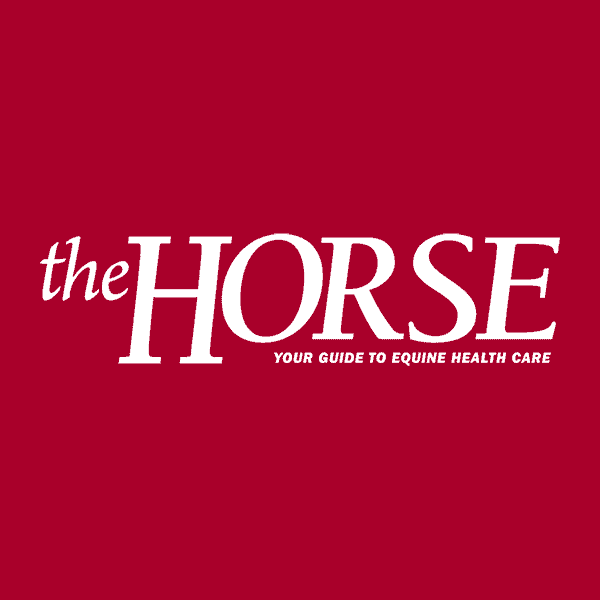10 Antioxidant Resources on TheHorse.com

Oxidation is a process a horse’s body uses to transform nutrients such as carbohydrates, fats, and proteins into energy. But during this process, a few unstable oxygen molecules called free radicals develop. These molecules have an unpaired electron that makes them quick to react with other molecules, stealing electrons from their outer orbits. This damages the other molecules and can irreparably damage cell walls.
Fortunately, antioxidants can help stabilize free radicals and halt oxidative damage, making them an important part of the horse’s nutritional needs. How much do you know about antioxidants and how they impact your horse? Don’t worry. We’re here to help.
Here are 10 resources on antioxidants available free on TheHorse.com. Find more information by searching “antioxidants” on TheHorse.com
Create a free account with TheHorse.com to view this content.
TheHorse.com is home to thousands of free articles about horse health care. In order to access some of our exclusive free content, you must be signed into TheHorse.com.
Start your free account today!
Already have an account?
and continue reading.

Written by:
The Horse Staff
Related Articles
Stay on top of the most recent Horse Health news with











